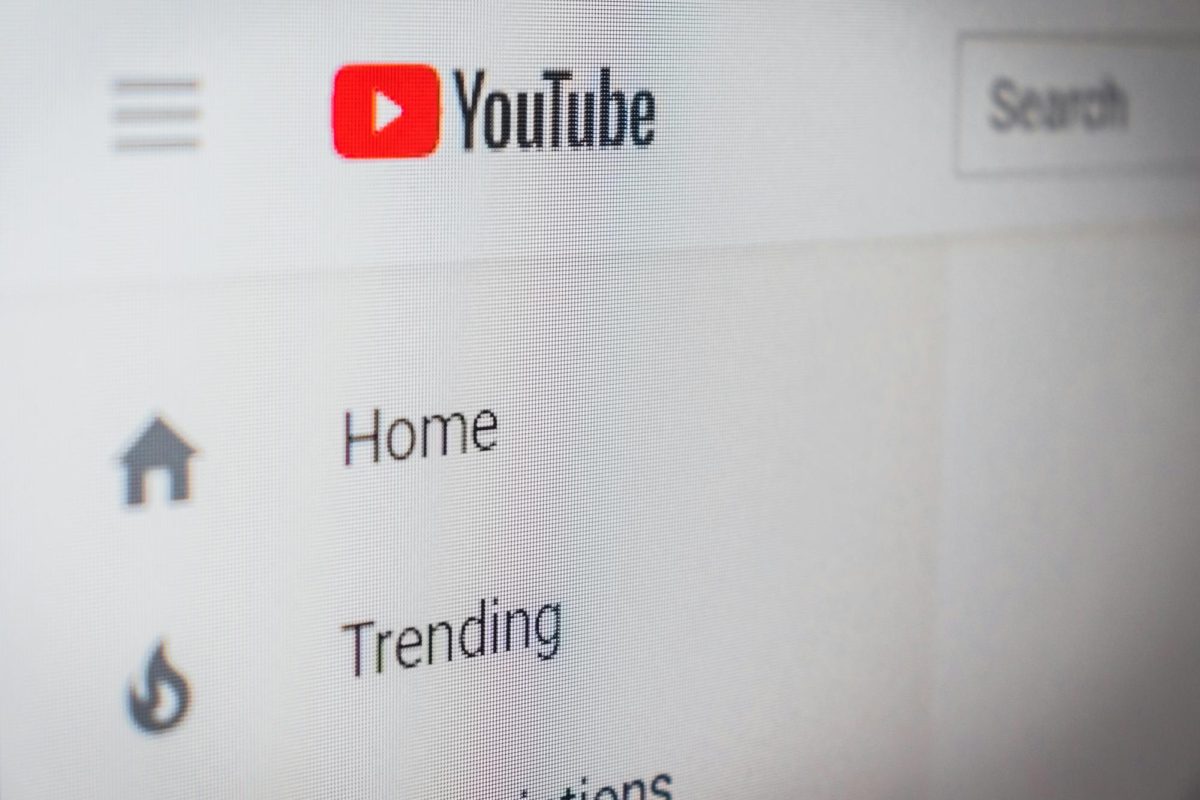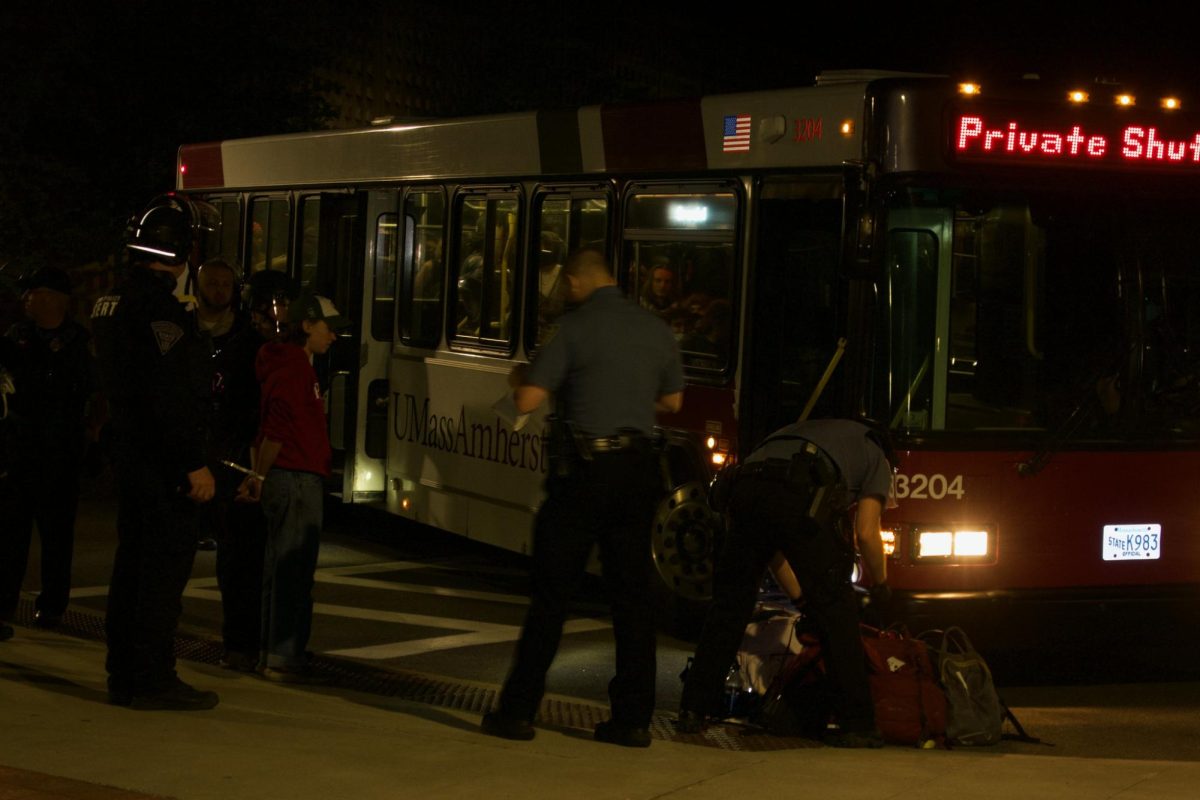In the late 2000s and early 2010s, YouTube gained popularity through its increasingly successful original content. Among that content was the genre of family vlogging: videos dedicated to documenting the everyday lives of families, including their children. Although this could be harmless and wholesome in theory, it is inherently exploitative in practice.
Family channels on YouTube do extremely well. The most popular ones have subscriber counts that reach into the tens of millions, and their videos can receive millions of views. With that level of engagement comes profit. For channels that large, the money they make from their ad revenue is enough to make a living. Additionally, many of these families often extend their income through other business ventures, like sponsorships and merchandise. These parents intentionally receive money for allowing their children to be posted to the internet.
The children featured in family channels are too young to consent to being publicly posted. They are too young to understand that the internet is forever, that nothing can ever truly go away or be deleted. Every embarrassing outfit and bad haircut they have will be immortalized, not just for their parent’s Facebook friends, but for millions of strangers. Every natural but awkward phase of their childhood will be documented up close and scrutinized.
In order to keep the views up and the money flowing, parents of family channels will often film and post their children in vulnerable situations that could be entertaining to their audience. One mom vlogger, Jordan Cheyenne, posted a video of herself and her son after finding out their family dog was sick. She accidentally uploaded raw footage of her asking her son to pretend to cry in order to get the best thumbnail for the video, to which he responded, “Mom, I’m actually, seriously crying.”
Another mom vlogger that became popular for recording her kids in vulnerable moments was Ruby Franke. Her channel, 8 Passengers, accumulated around 2.5 million subscribers at its height. Franke recorded her six children frequently, but came under controversy for her disciplining practices when videos surfaced of her admitting to denying her daughter food and taking her son’s bedroom away as punishment. Many grew worried that the Franke household was abusive, and their concerns were rightly placed. Last August, Franke was arrested and charged with four counts of felony child abuse, which she plead guilty to.
While there is some semblance of justice in this case, the affected children will still be forced to move on knowing that those videos, some of which Franke discusses abuse in, are still out there. They will also have to grapple with the fact that their mother profited heavily off these videos.
Unlike child actors, who are also filmed at a young age, children of family channels do not have safety nets, like Coogan Accounts. These accounts set aside 15 percent of the child’s earnings in a secure account until they turn 18, guaranteeing they see some of their money should their parents not properly manage it.
While child actors are also often exploited and taken advantage of, there is even less protection for children of family channels. They have no guarantee they’ll ever see a cent for the labor they provide. These kids are forced to trade in their innocence for views and their childhood for a performance. But instead of playing a character, they are one. Ultimately, the camera stops rolling for a child actor when they leave set, but the camera follows children of family channels everywhere they go.
With short-form content being in high demand, parents posting their kids to TikTok or Instagram is the current trend. Although the platform is different, the damage is the same. Parents are relying on their children to provide for them, and in doing so they open their children up to public scrutiny. These parents are seemingly unaware of the fact that when you publicly post your child, anyone who has an internet connection can see them, including those who would wish them harm or display predatory behavior.
Children don’t belong on the internet and, parents’ sources of income should come from somewhere other than their non-consenting dependents. I had a wonderful childhood; I’m glad that the only place it can be viewed long-form is in my memory.
Fiona McFarland can be reached at [email protected].


















